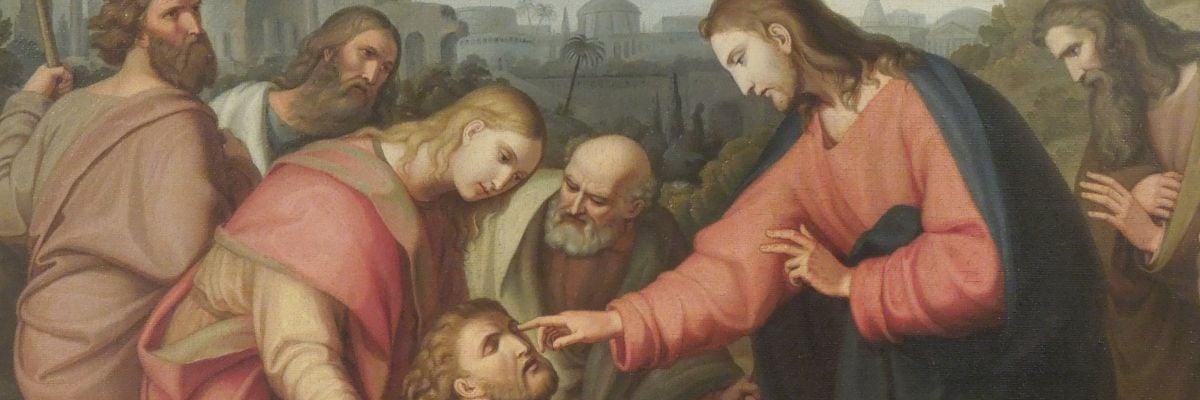
Question:
Answer:
Several times Jesus commanded those he healed to tell no one about the miracles (see Mark 1:44, Luke 5:14). He even charged the apostles to tell no one that he was the Christ (Matt. 16:20). This is commonly referred to as the “Messianic Secret.”
There are two possible reasons why Jesus didn’t want to make his messianic identity known immediately. First, he didn’t want to draw the attention of the foreign powers to himself too quickly. If the Roman authorities had become aware of Jesus’ claim to be a king, they would have quashed his movement from the beginning, as they did other messianic movements in the first century. In order to avoid a premature death, he ordered those he healed to keep his identity a secret.
A second possible reason is that Jesus needed time to redefine the common notion of the Messiah. In first-century Judaism, many thought the messianic king would be a political, militaristic king who would deliver them from Roman occupation and oppression. Such a view would not have jibed with a Messiah who was crucified by the very enemy that the Jews hoped the Messiah would deliver them from. Jesus, therefore, had to spend some time reshaping the idea of the Messiah in order that his suffering and death would not be too high a hurdle for believers to overcome.


